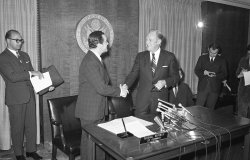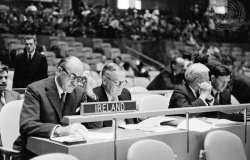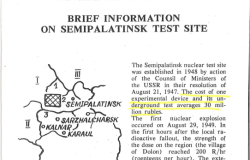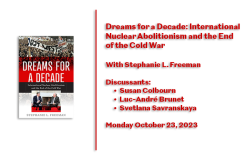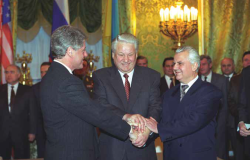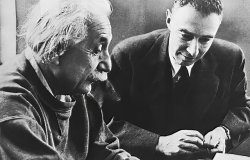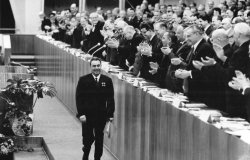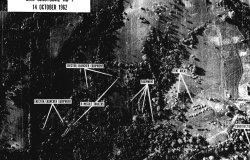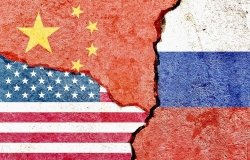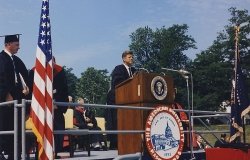Atoms for Europe: Erasmus Intensive Program
Between February 16th and March 1st 2014, NPIHP Partners were featured at the Atoms for Europe Erasmus Intensive Program, hosted in Augsburg. The program brings together students and teachers from Austria, France, Germany, Italy, and Hungary to discuss the European postwar history with a special focus on nuclear issues.
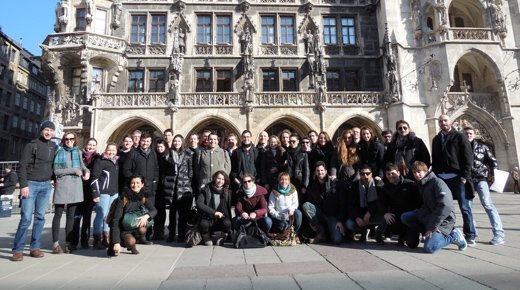
Between February 16th and March 1st 2014, NPIHP Partners participated in the Atoms for Europe Erasmus Intensive Program, hosted in Augsburg. The program brings together students and teachers from Austria, France, Germany, Italy, and Hungary to discuss the European postwar history with a special focus on nuclear issues. Both the belief in nuclear progress and the fear of nuclear warfare have shaped the European integration process from its very beginnings. Nuclear hopes and fears both united and divided the continent.
The presentations featured numerous NPIHP partners, including Magdalena Reitbauer, Elisabeth Röhrlich, Leopoldo Nuti, Marilena Gala, and Frédéric Bozo. To learn more about the Atoms for Europe Erasumus Intensive program, click here to visit the workshop blog.
Related Programs

Nuclear Proliferation International History Project
The Nuclear Proliferation International History Project is a global network of individuals and institutions engaged in the study of international nuclear history through archival documents, oral history interviews, and other empirical sources. At the Wilson Center, it is part of the Wilson Center's History and Public Policy Program. Read more

Cold War International History Project
The Cold War International History Project supports the full and prompt release of historical materials by governments on all sides of the Cold War. Through an award winning Digital Archive, the Project allows scholars, journalists, students, and the interested public to reassess the Cold War and its many contemporary legacies. It is part of the Wilson Center's History and Public Policy Program. Read more
